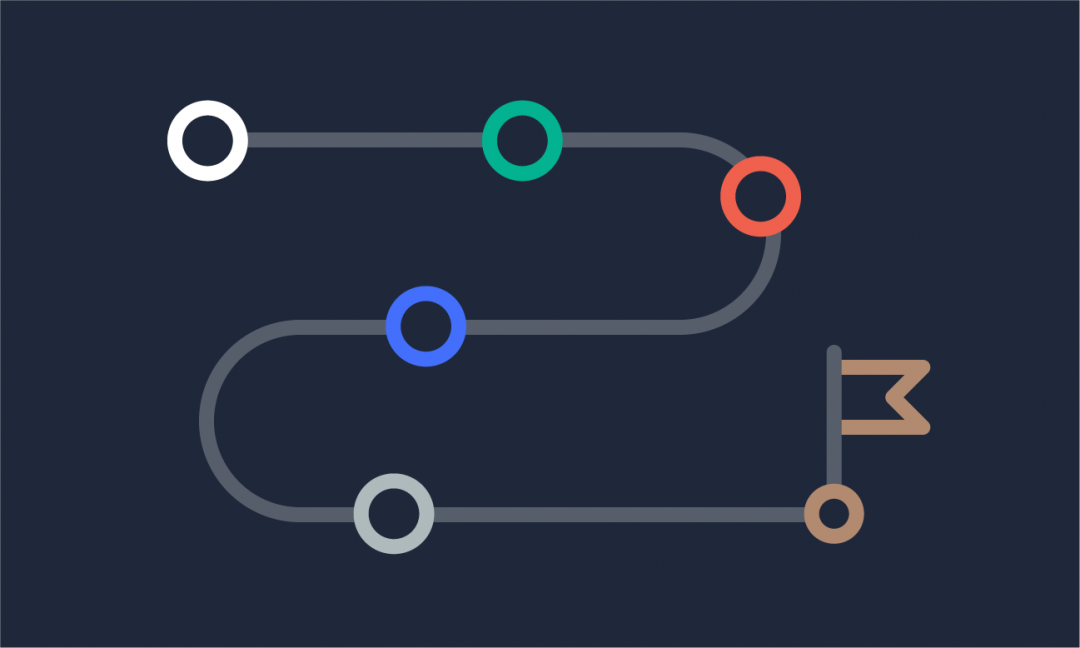We are updating our documentation library to be ready for Sector 10! Find out more in our Sector 10 roadmap or head straight to our collection of Sector 10 - Changes and Updates.
Before you start, we need to get a few bits of Drupal terminology out of the way. We try to keep away from jargon, but we can't pretend a node isn't a node... so what is a node, after all?
Wait! What is Drupal? And what is Sector?
Need more help? Get started with a quick intro to Drupal and Sector.
In this guide
- Drupal nodes
- Drupal content types
- Drupal menus
- Drupal taxonomy, vocabularies, and terms
- Drupal views
- Drupal Display Suite view modes and displays
- Drupal theme
- Drupal blocks
- Drupal sitebuilder role
Drupal nodes
In Drupal, content (like pages, news, blog posts, events...) is stored in nodes. Content for each node is stored in a set of text fields based on the configuration of the node's parent content type, and assigned a URL. For example, the page you are reading is a node of the content type 'Documentation Page' under the URL https://sector.nz/node/60.
Drupal content types
In Drupal, website content is organised in content types. The content type configuration defines the settings, fields and displays of a node. For example, all nodes of type 'Event' follow the blueprint set by that content type.
Drupal menus
In Drupal, hierarchical content is organised in hierarchical menus. Menu items are either created with the node or added via the menu management. Drupal allows for a number of menus per site. Every menu has a menu block (the public display of the menu) and menu blocks are placed via the Drupal block management.
Drupal Taxonomies, Vocabularies, and Terms
Taxonomies
The Drupal taxonomy management allows you to categorise your content into groups. Taxonomies are used as sort and filter criteria, to add meta data, or as content labels and markers.
Vocabularies
Drupal taxonomies are organised into vocabularies. Vocabularies are used to group, organise and, in many cases, categorise a set of taxonomy terms. The vocabulary defines the fields and lists the terms captured in the vocabulary.
Terms
Taxonomy terms are the actual terms in a vocabulary. Drupal allows for flat or hierarchical term structures.
Drupal Views
Drupal Views is a database query builder. It allows you to group, sort, and filter your content and present it, for example, as lists, tables or grids. Common use cases are news listings filtered by date and type, or view blocks to promote the latest news on your front page.
Drupal Display Suite view modes and displays
Display Suite's view modes allow you to create different public displays of your content nodes - you can create a default display for a full page view, a teaser that only shows a short version of your content, or a short teaser that shows even less. Every view mode can be configured to which fields you want to display and each field can be configured to a specific display per view mode.
Drupal Theme
The theme is the public version of your site.
Drupal Theme Regions
Theme Regions (also known as regions, block regions, or page regions) are areas into which you can place elements, blocks or content. The regions are set by your site's Drupal theme and include, for example: header regions, content regions, sidebars, and footer regions.
Drupal Blocks
A Drupal block is a container element. It can contain content, fields, views, menus, and more. Drupal blocks are placed in theme regions and managed via the Drupal block management. They can be configured to be shown based on content types, term conditions, URL path, and more.
Drupal sitebuilding and the sitebuilder role
Drupal sitebuilding refers to advanced tasks in the Drupal administration interface (AdminUI). Examples are setting up content types and views, as well as configuring displays, taxonomies and searches. When we talk about Sector sitebuilding and the sitebuilder role, we refer to the main Drupal Administrator role - an administrative role with access to all configuration settings. Learn more about Preconfigured user roles, user profiles and permissions.
Ready to get started?
- Editors can continue to the TL;DR - Editor's cheat sheet.
- A good starting point for sitebuilders is our collection on Sitebuilding with Sector content types and displays.
- Installing Sector is a good starting point for developers.
Any terms missing from this list? Let us know by using the 'Is there anything we can improve on this page?' form below.
